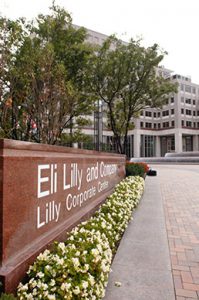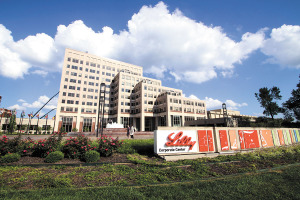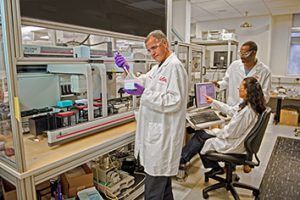
Woman to plead guilty of leading conspiracy that defrauded Lilly of more than $600K
According to the petition Courtney Anguiano knowingly conspired with seven other people to submit 189 false and fraudulent post-transaction reimbursement requests under three different Eli Lilly and Co. savings card programs.












